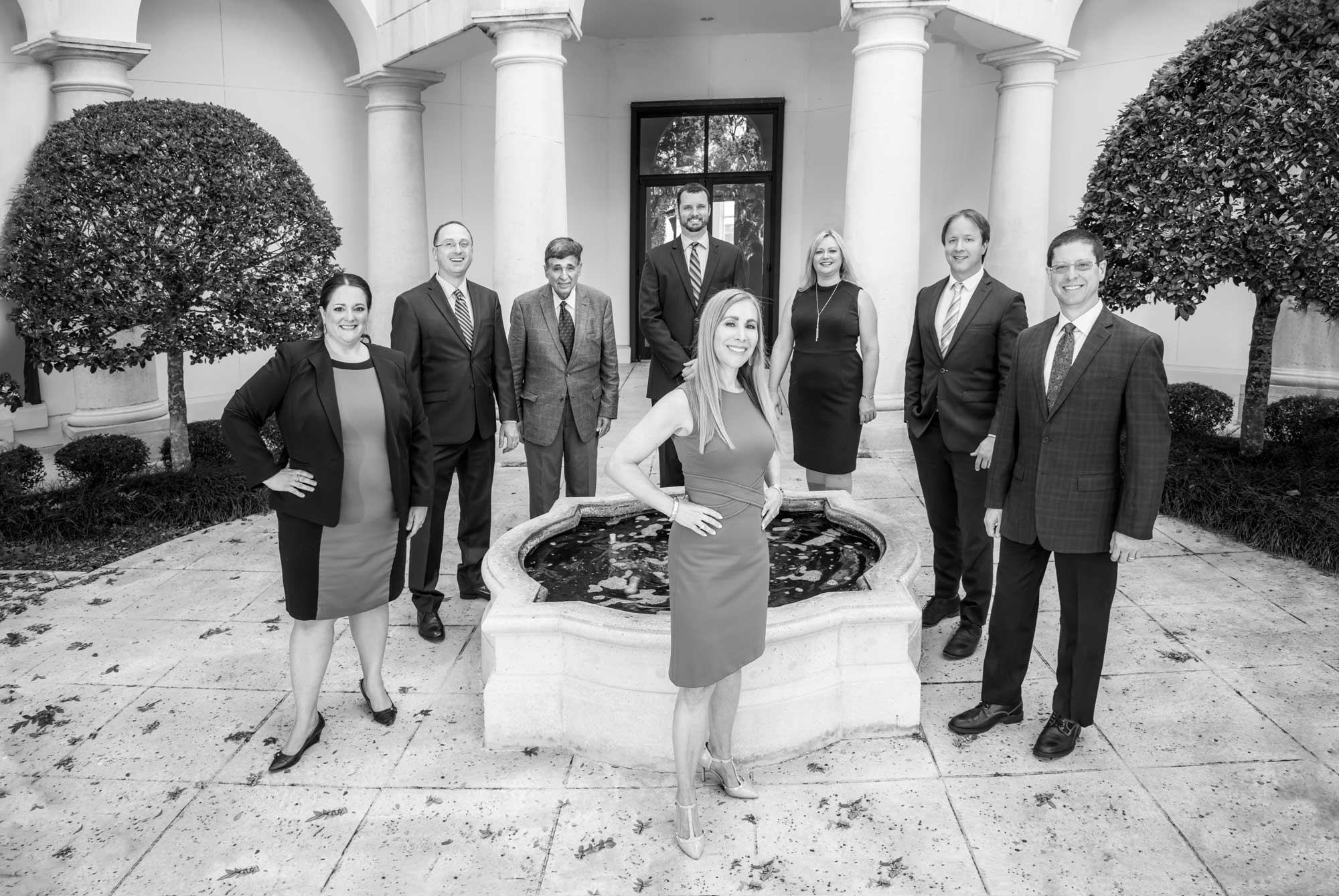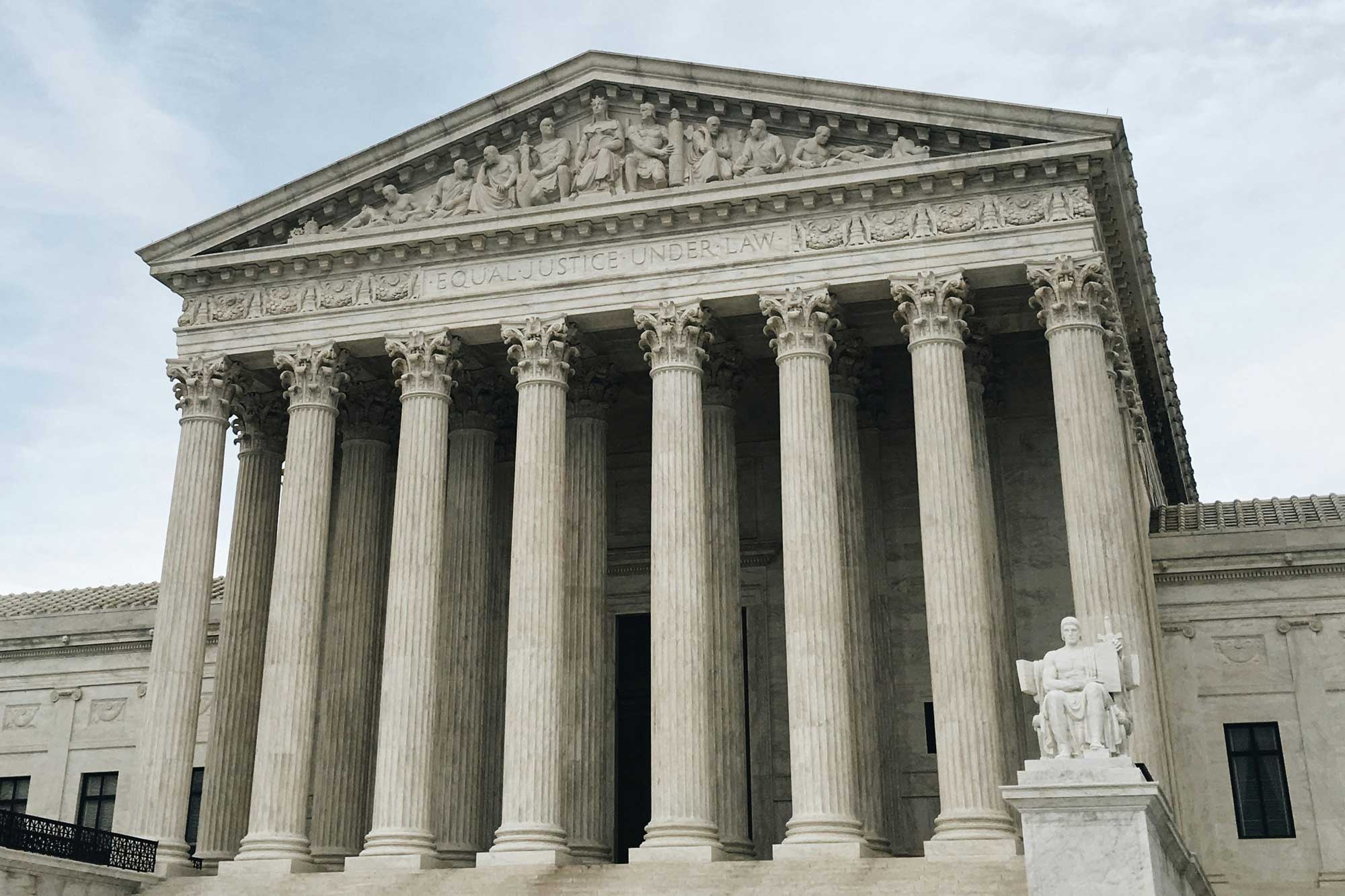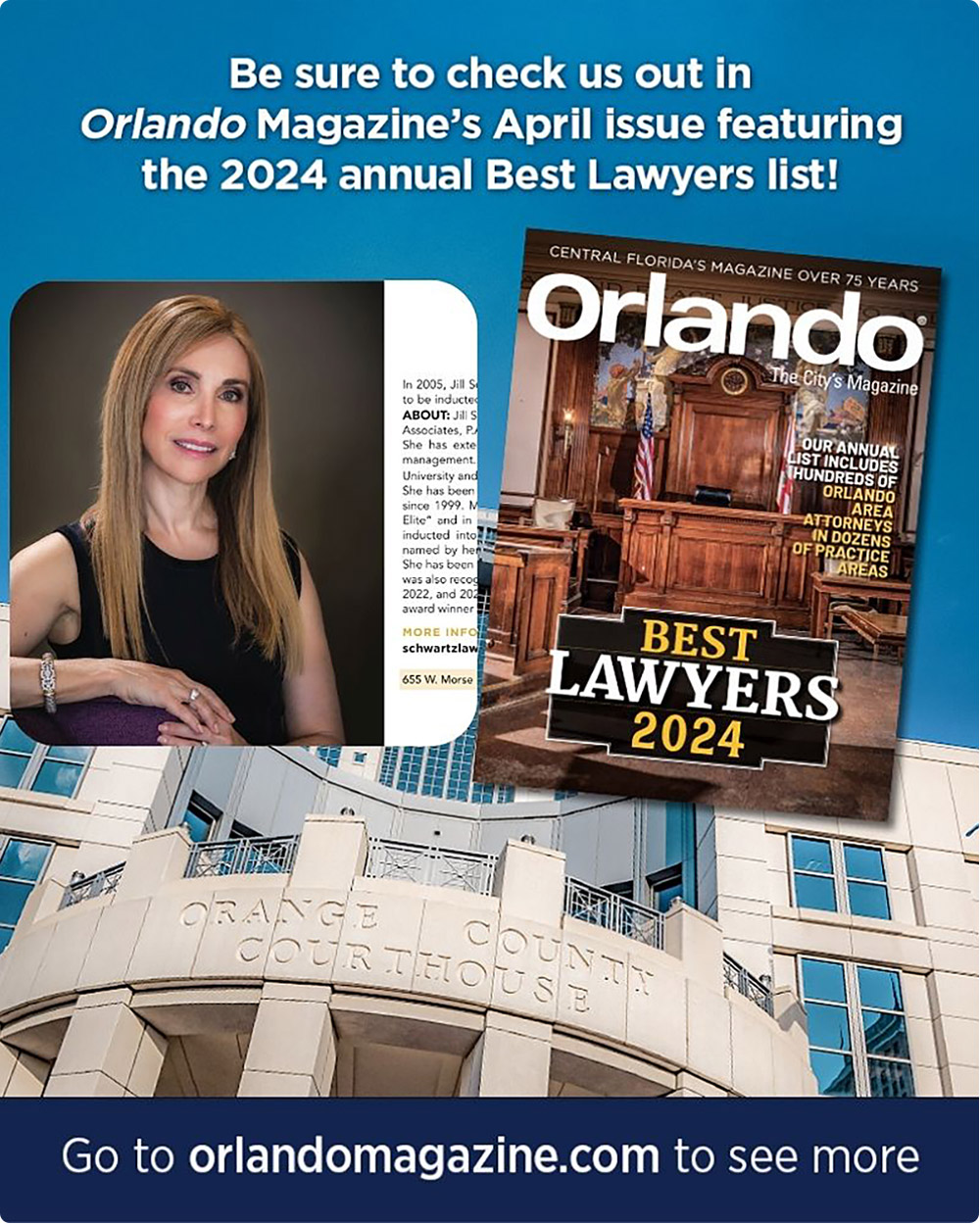In June 2023, the United States Supreme Court released its opinion in U.S. ex rel. Polansky v. Executive Health Resources, Inc., 143 S. Ct. 1720 (2023) (“Polansky”). Justice Kagan authored the opinion of the 8-1 decision (Justice Thomas was the sole dissenter). The Court addressed “the Government’s ability to dismiss an FCA (False Claims Act) suit over a relator’s objection.”1 As we have discussed previously, the FCA “imposes civil liability on any person who presents false of fraudulent claims for payment to the Federal Government. The statute is unusual in authorizing private parties—known as relators—to sue on the Government’s behalf.”2 This blog will discuss the Court’s opinion in Polansky and whether the Government can dismiss a suit over a relator’s objection if it does not initially intervene in the matter.
The Court begins Polansky by providing a historical overview of the FCA.3 The Court noted that “Congress gave the Government continuing rights in the action—not least the right to the lion’s share of the recovery. Most relevant here, the Government can intervene after the seal period ends, so long as it shows good cause to do so.”4 The Court summarized the main issue as “whether the Government, if it has declined to intervene during the seal period, retains yet another right: the right to dismiss a qui tam action over the relator’s objection.”5 The pertinent statutory provision, 31 United States Code section 3730(c)(2)(A) (“Subparagraph 2(A)”) does not expressly state whether the authority for the Government to dismiss “survives the Government’s decisions to let the seal period lapse without intervening.”6 Instead, it provides that “‘[t]he Government may dismiss the action notwithstanding the objections of the [relator],’ so long as the relator has received notice of the motion and an opportunity for a hearing.”7 The Court thus sought to answer whether the Government had the right to dismiss when it did not initially intervene.
The Court did not delve too deeply into the facts of the case. The Relator, Jesse Polansky, is a doctor who worked for a “company that helped hospitals bill the United States for Medicare-covered services.”8 Polansky alleged that his former employer allowed its clients to charge “inpatient rates for what should have been outpatient services.”9 The Government reviewed the matter and declined to intervene; the case “then spent years in discovery, with [the company] demanding both documents and deposition testimony from the Government.”10 Ultimately, the Government determined that the “varied burdens of the suit outweighed its potential value” and sought to dismiss the action over the relator’s objection.11 The District Court granted the Government’s request, and the court of appeals affirmed.12 The court of appeals held that the Government does have the power to dismiss an action under Subparagraph (2)(A) as long as it intervened at some time; here, the court held the Government’s “motion to dismiss was reasonably construed to include a motion to intervene[.]”13 The court further held that the proper standard a district court should utilize comes from Federal Rule of Civil Procedure 41(a) (governing voluntary dismissals in civil matters), and it found that the district court’s decision, “which was based on a ‘thorough examination’ of the interests that Rule 41 makes relevant, was not an abuse of discretion.”14 The Supreme Court granted review because there was a split among the circuit courts.15
The Court affirmed the court of appeals and agreed with the lower court “across the board.”16 In reaching its decision, the Court carefully reviewed the pertinent statutory provisions. The Court determined that “Congress decided not to make seal-period intervention an on-off switch” and that “Congress enabled the Government, in the protection of its own interests, to reassess qui tam actions and change its mind.”17 Regarding the standard courts should utilize to assess the Government’s motion to dismiss, the Court held that courts should “assess a (2)(A) motion to dismiss using Rule 41’s standards.”18 The Court noted that the FCA references the Federal Rules of Civil Procedure, providing support for the position that the Rules apply.19 In the FCA context, courts must provide notice and an opportunity for a hearing before a (2)(A) dismissal can take place.20 Furthermore, courts must consider the relator’s interests as well as the Government’s.21 The Court did hold, however, that “the Government’s views are entitled to substantial deference” in the FCA context.22 Here, the Court held the case was “not a close call” and that the district court did not abuse its discretion in granting the Government’s motion to dismiss.23
The Polansky decision provides valuable guidance for Relators and counsel and should be kept in mind when considering pursuing a qui tam action. If you have any questions or concerns regarding this topic, or any topic related to labor and employment law, please contact us.
1 Polansky, 599 U.S. at 1726
2 Id. at 1726; see Don’t Cross Uncle Sam: A Brief Overview of the False Claims Act (May 16, 2022), available at https://www.schwartzlawfirm.net/dont-cross-uncle-sam-a-brief-overview-of-the-false-claims-act/, and Case Law Update: The United States Supreme Court Provides Guidance on the False Claims Act, available at https://www.schwartzlawfirm.net/case-law-update-the-united-states-supreme-court-provides-guidance-on-the-false-claims-act/ (July 31, 2024) (last visited Jan. 11, 2024).
3 Id. at 1727.
4 Id. at 1728 (citation omitted).
5 Id.
6 Id.
7 Id. (quoting Subparagraph 2(A)).
8 Id. at 1729.
9 Id.
10 Id.
11 Id.
12 Id.
13 Id.
14 Id. at 1730.
15 Id.
16 Id.
17 Id. at 1733.
18 Id.
19 Id.
20 Id. at 1734.
21 Id.
22 Id.
23 Id. at 1734-35.
Photo by Anna Sullivan on Unsplash
















